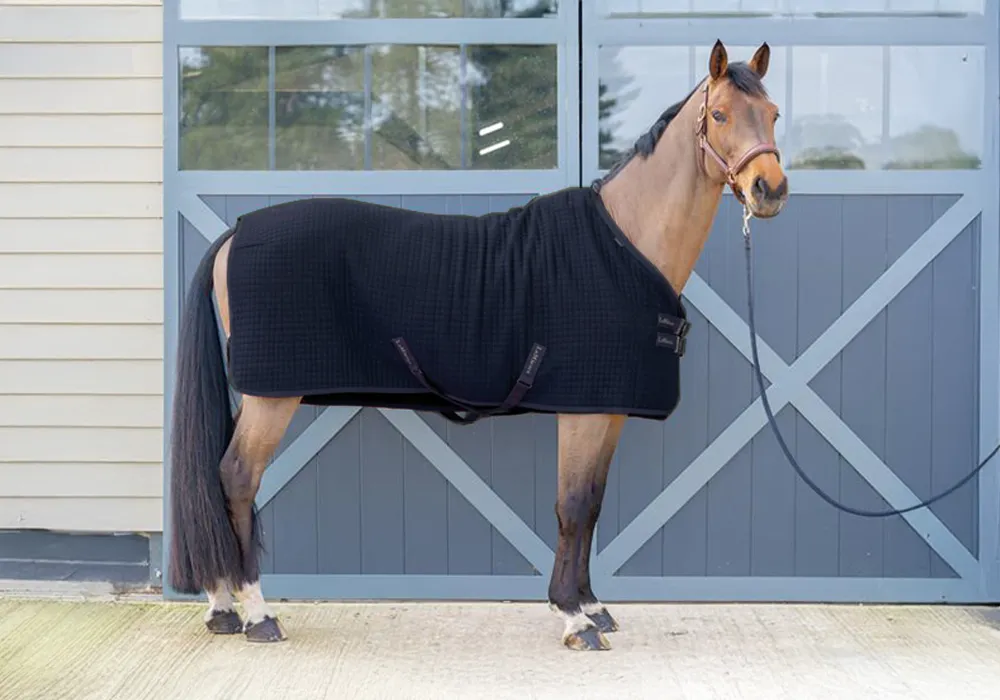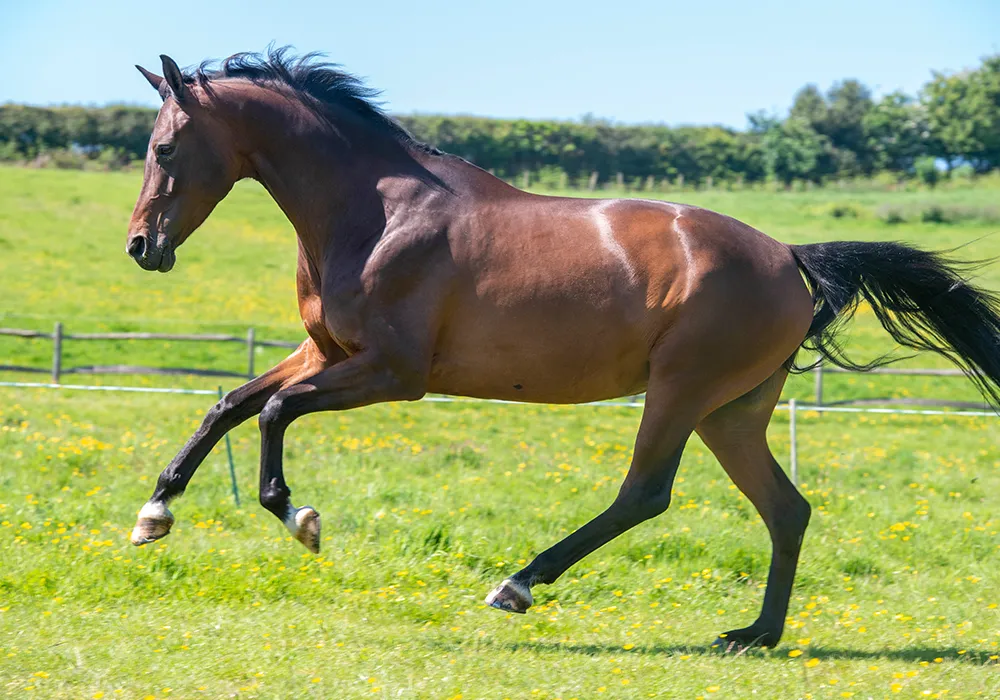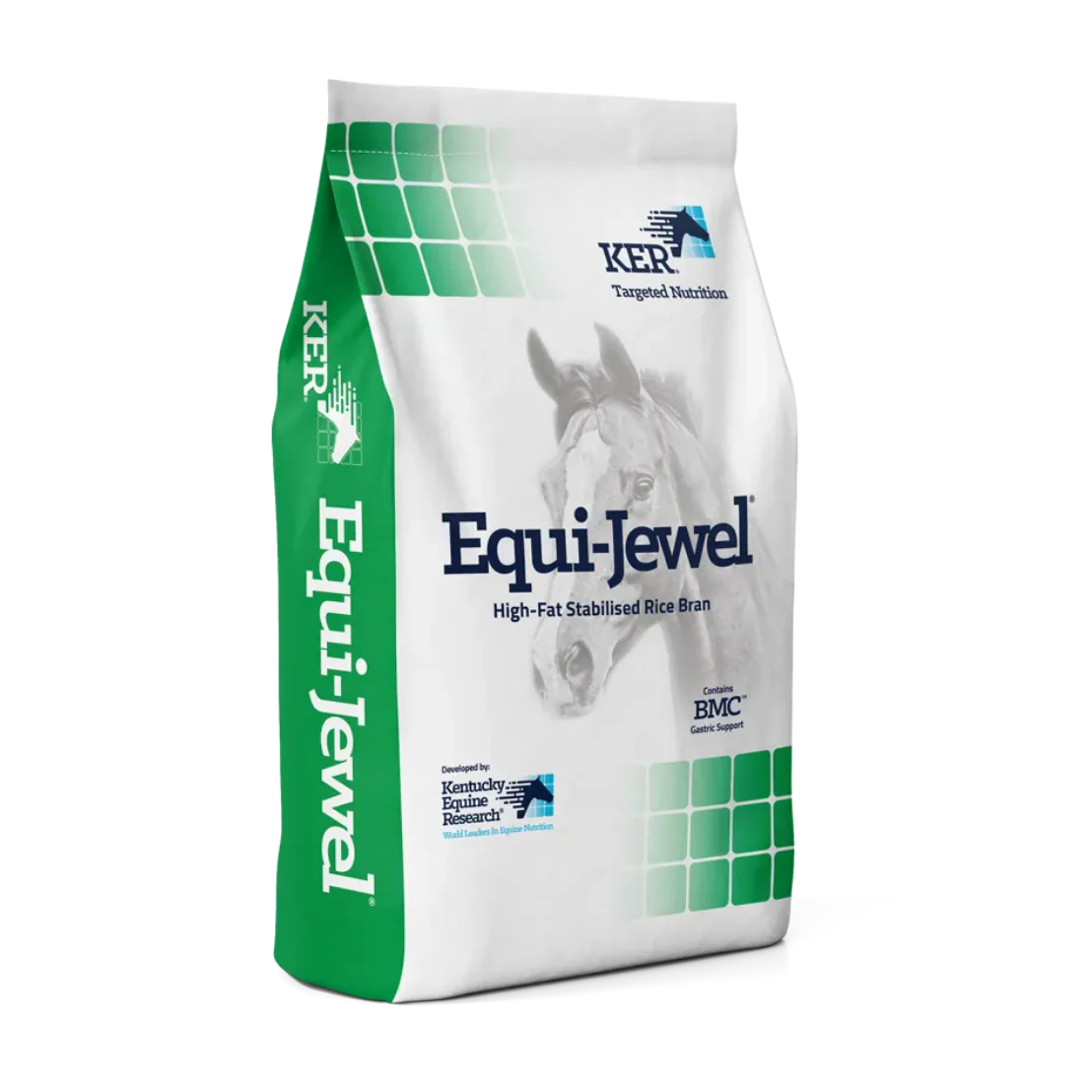Articles, case studies & advice
Expert tips and insights to keep your horse healthy, happy, and well-fed.
Articles
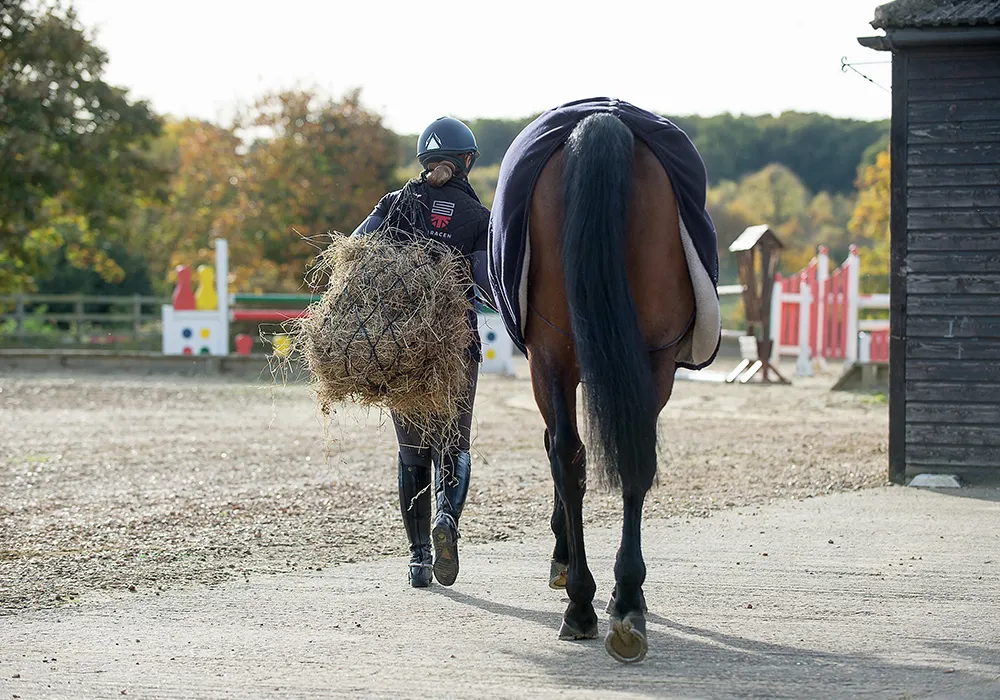
Forage Analysis for Horses Explained
Find out how a forage analysis helps balance your horse’s diet. Learn when to test hay, haylage, or grass and how results guide equine nutrition.

Nutritional Management to reduce the risk of Gastric Ulcers
Back to basics feeding rules.

Managing the Poor Doer Horses
Feeding poor doers made simple with tips on weight management, best hay for overweight horses and laminitis prevention.

Managing Muscle Myopathies – the Latest in Tying Up
Dr. Stephanie Valberg, world-leading specialist in equine muscle myopathies explores the evolutionary, environmental and genetic factors that influence exertional rhabdomyolysis.

Power to Perform
Showjumper and veterinary physiotherapist, Lily Buckle, needed a feed that would provide her horse with instant, off the leg energy, whilst being palatable as her horse can be very fussy.
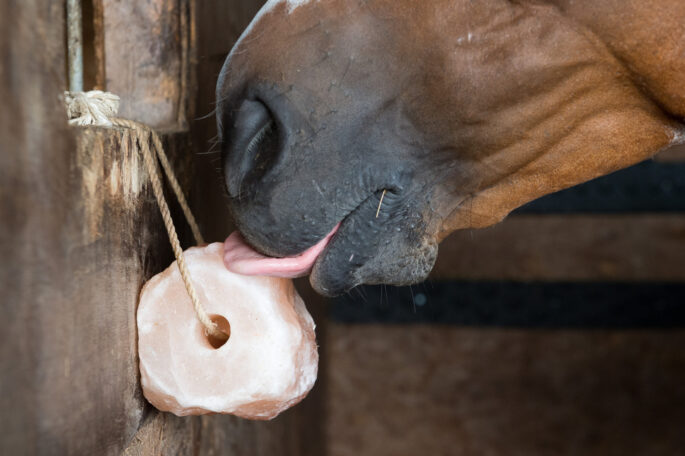
Electrolyte Loss and Rehydration Strategies
During intense exercise, horses can lose up to 12 litres of sweat per hour, approximately 4% of their total body water.

Historical Review of Gastric Ulcers
In the past 30 years, the understanding of equine gastric ulcer disease (EGUD) has advanced by leaps and bounds. Read the interview with veterinarian Al Merritt.

Saracen's New Brand Identity
A clearer Saracen: modern look, proven feed, future-focused.
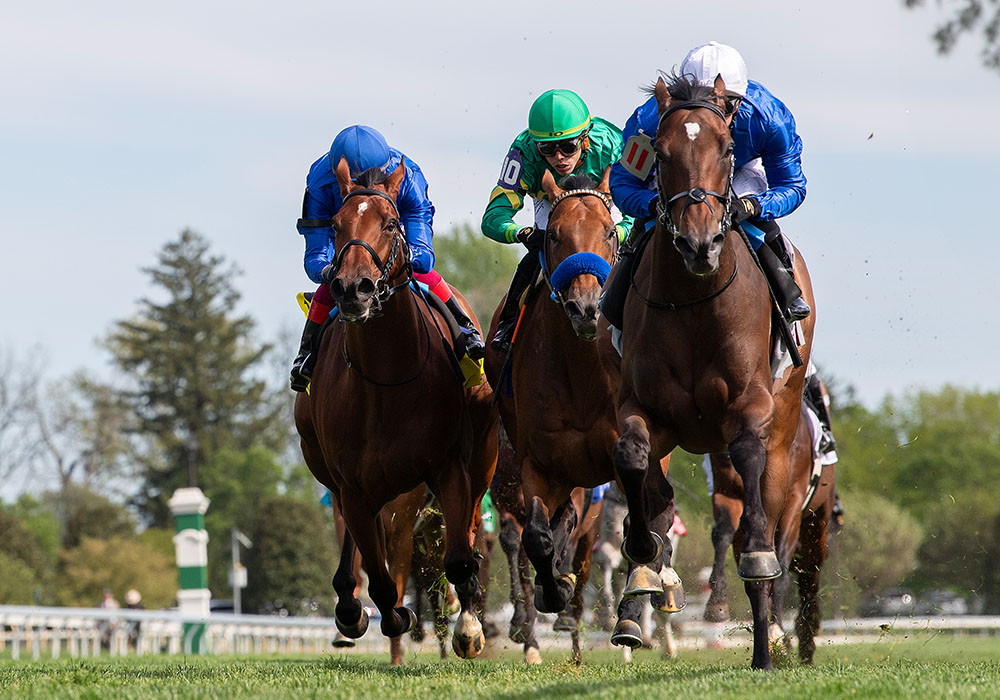
Feeding the Ex-Racehorse: Top Tips
Find our nutritional teams top tips for feeding your ex-racehorse.
